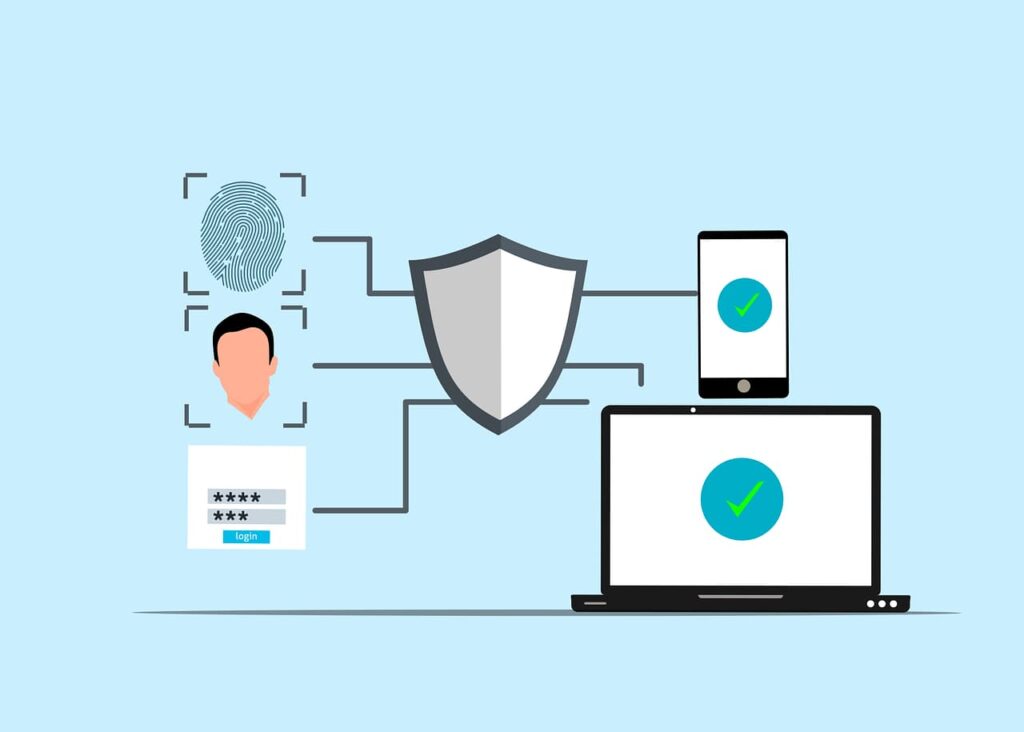
There are people out there who often think web security is something you worry about later. That means, once the site is running and pulling in visitors. But here’s the problem. By the time you realize something’s wrong, the damage might already be done.
Hackers don’t wait politely for your project to be “ready” before testing your defences. They move in when you are distracted, sometimes with tricks so small you never see them coming until your data is gone or your customers have lost trust.
That is why, in PHP development, security isn’t a feature you add at the end. It is the air your application breathes from day one. Without it, your entire system is gasping for survival.
Input Validation: The Shield You Cannot Skip
Think of every bit of data coming into your application as a stranger at the door. Some are harmless. Others may have a hidden agenda. Your job is to check their ID before letting them in.
Sanitizing and validating input means more than just trimming spaces. It is checking the type, the length, and the format and rejecting anything suspicious. PHP offers tools like filter_var() and preg_match() for these exact reasons.
The more rigorous you are here, the less chance an attacker has to slip in malicious scripts or inject harmful SQL. The best way to explain this is to understand how top no-deposit bonus online casinos prevent exploitation. These top casinos, some located at kasynoonlineautomaty.pl, carefully check every bonus claim to make sure it isn’t being exploited by fraud, by inspecting every request your application receives.
This is done because the cost of carelessness is too high.
Password Storage and Authentication
Passwords are often the first thing a hacker goes after because weak ones open doors instantly. Storing them as plain text is an unforgivable sin in security. You need hashing, and not just any hashing. Use password_hash() with strong algorithms like bcrypt or Argon2.
Authentication is more than just checking a username and password. Two-factor authentication, session timeouts, and limiting login attempts can frustrate brute-force attacks. Even better, never roll your own authentication system unless you are deeply experienced. Proven, maintained libraries exist for a reason.
Keeping Your Environment Updated

Many breaches don’t happen because of some genius new exploit. They happen because someone never updated an old library. Outdated PHP versions, unpatched frameworks, or old plugins become ticking bombs.
Updates close known vulnerabilities. Yet, many developers delay them because they fear “breaking something.” Here’s the truth. The longer you wait, the more likely you are to break everything at once. Schedule updates. Test them. Treat them like part of the normal workflow.
Understanding the Landscape of Threats
PHP applications live in a noisy, chaotic environment. Every request, every input box, every query to a database is a potential weak point. Cyber attackers know the common mistakes. They know developers who trust user inputs too easily. They know who skips updating their libraries because “it’s just a small project.”
It helps to understand that threats rarely arrive with sirens. Sometimes they start with an innocent-looking comment form. Or a user registration page. Or a file upload button. These quiet moments can be gateways for SQL injections, cross-site scripting, and remote code execution.
Monitoring and Logging for Early Warnings
Security isn’t only about building walls. It is about noticing when someone is trying to climb them. Logging activities, monitoring traffic, and keeping an eye on unusual patterns can alert you to trouble before it becomes irreversible.
Think of it as having a security camera on your code. When something strange happens, you have evidence. You can trace the problem, plug the hole, and if needed, roll back to a safe state. Without logs, you are navigating a break-in blindfolded.
PHP security isn’t a checklist you finish. It is a habit. The more you practice it, the less tempting your application becomes to the wrong people. Attackers look for easy wins. Your job is to make sure your app never fits that description.